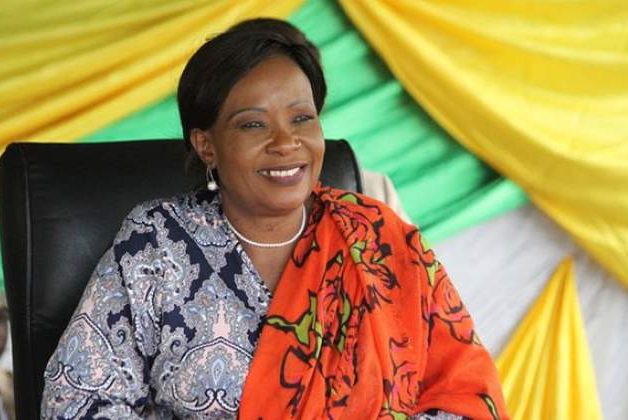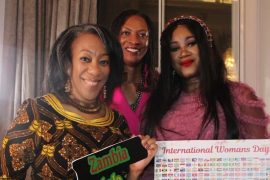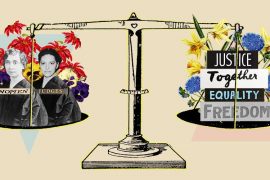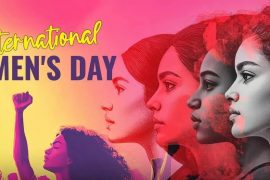By Alkali Amana
True leadership is appreciated when citizens feel and live through the results of the people they gave their mandate, and this is no less the case with Her Excellency, Auxilia Mnangagwa, the First Lady of Zimbabwe, who leads the way across her country to affect the lives of individuals and families so governance can be achieved for all. Since her venture into the Presidency as First Lady in 2017, H.E Auxilia has shown immense interest in the welfare of her people and their survival, acting out various initiatives to provide the country the warmth of a mother and the stability of a leader alongside her husband, President Julius Mnangagwa.
In carrying out duties that define the characteristics of her acts, H.E Auxilia has passionately worked to uplift her people and affect them positively by implementing various programs and projects which include visits to countless communities and institutions donating foodstuffs, bed linen, stationery, ICT devices, medical equipment, and initiating comprehensive self-help projects like fish ponds, nutrition gardens, orchards and free-range chicken rearing, especially through her foundation ‘Angel of Hope’ with which she has affected vulnerable and marginalized communities. To capture the essence of what she has achieved so far before reeling them out, one can readily point out to the commendation of the President on the efforts of the First Lady and her path to empowering her country during the 41st Independence anniversary celebrations of Zimbabwe where he noted that, through the Angel of Hope Foundation, she is implementing various humanitarian programmers and projects across the country, towards nurturing respect, discipline and a greater appreciation of the country’s culture and heritage, especially among youths.
In full consideration, the First Lady’s works speak for her. As Zimbabwe’s health ambassador, she has led initiatives that improve access to treatment for people with HIV and early detection and treatment for cervical cancer. Leading from the frontline on health matters, the First Lady has helped marginalized communities with the continuous facilitation of medical specialist services, such as the provision of accessible and free cervical, breast and prostate cancer screening through her free mobile clinic screening program. In addition, she launched the National Human Papillomavirus Vaccination (HPV), an anti-cancer program expected to benefit over 800 000 girls aged between 10 and 14. Investing in the health of youths in the country, she continues to be involved with people’s livelihoods and has been an active member of the Organisation of African Ladies against HIV/AIDS, an organization with a renowned reputation for actively equipping youths with knowledge on sexual health matters and discouraging premarital sex which may lead to contacting unwanted diseases or causing unwanted situations; while she has donated specialized beds to hospitals in Bulawayo, Midlands, Masvingo, Mashonaland East and Mashonaland Central provinces. Perhaps an act with which to demonstrate her capacity in working towards medical stability in the country is best reflected in her gesture towards inmates at various prisons across the country who received an assortment of foodstuffs and toiletries which eased their plight in the wake of the ravaging Covid-19 pandemic.
Beyond health, the First Lady is also known for initiating various empowerment projects for Marginalized communities like the San and the Doma communities in Matabeleland South and Mashonaland Central provinces respectively, focusing on elevating gender conditions and creating opportunities for women. It is notable that in her endeavours, she has been impartial in terms of empowering women and her list includes chiefs’ wives and those from diverse backgrounds. An instance reflecting the First Lady’s projects in empowering marginalized communities, is her visit to remote places like Kanyemba where she changed the lives of previously marginalized Doma people in the Zambezi Valley through engaging in income-generating projects and building of conventional houses.
The First Lady’s acts extend to providing support for good education within the country as she has been commended by the Ministry of Primary and Secondary Education and other stakeholders for her keen interest in addressing and engaging adolescents by way of interactive sessions on a country wide schools program discussing issues around child abuse, early marriages, teen pregnancies, drug abuse, bullying and school drop-outs. Most notably, her Foundation delivered desks, chairs, uniforms and stationery for 130 pupils at MayPark Primary School in Mashonaland Central Province this year. Recently, within May, schools in Hwange District, St. Mary’s Primary School in Hwange Central, Nechilibi High School in Hwange East and Ndlovu Secondary School, have received sewing machines from the First Lady in a program to build the capacity of learning institutions to become economic hubs for their communities.
All that has been explained highlights only part of what H.E Auxilia Mnangagwa has accomplished in Zimbabwe. Prior to becoming First Lady, the Herald reports that H.E Auxilia was very influential towards the establishment of women’s banks in Silobela, Zhombe, Kwekwe, Chirumanzu-Zibagwe, Mvuma and other areas in the Midlands; she managed to kick-start women empowerment through ownership of livestock and handicrafts such as sewing, knitting and clay pot moulding; and, as a promoter of good hygiene, many rural homes were improved in the Midlands during her tenure as a parliamentarian, giving them a new breath of life.
In the course of her activities and years in leadership, the Her Excellency Auxilia Mnangagwa leaves a trail of goodwill and a tale worth telling to encourage emulation from other African leaders, especially female, of her status while serving as an inspiration for other leaders in diverse fields and the younger generation.





Comments are closed.